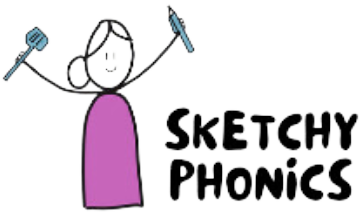In today’s fast-paced educational landscape, one of the foundational pillars of success is literacy. But how do we ensure that young learners can read and write confidently from an early age? The answer lies in phonics. In this post, we’ll explore why phonics education is essential for early childhood literacy and how it can set children on the path to academic success.
What is Phonics? Phonics is a method of teaching reading that emphasizes the relationship between sounds and their corresponding letters. Children learn to decode words by sounding them out, making it easier to read unfamiliar words. This foundational skill helps them build fluency and comprehension, setting the stage for a lifetime of literacy.
The Role of Phonics in Early Education:
- Improves Reading Accuracy: Phonics helps children break down words into smaller, manageable sounds. This not only improves their reading accuracy but also gives them the confidence to tackle complex words.
- Boosts Vocabulary: By learning phonics, children can independently read new words. This enhances their vocabulary and allows them to understand diverse texts.
- Supports Writing: Phonics isn’t just about reading; it also helps children become better writers. As they understand how sounds correspond to letters, they can spell words more accurately.
Why Teachers Need to Learn Phonics: As an educator, understanding the intricacies of phonics is crucial. By becoming a professional phonics educator, you can help your students gain the tools they need to excel. At Komal Goenka’s training program, you’ll learn the creative and professional techniques needed to teach phonics effectively.
Conclusion: Phonics education is the key to unlocking early literacy. By mastering this skill, educators can create a strong foundation for their students’ academic journeys. If you’re ready to transform your teaching and help young learners succeed, consider enrolling in the “Become a Professional and Creative Phonics Educator” program by Komal Goenka.
